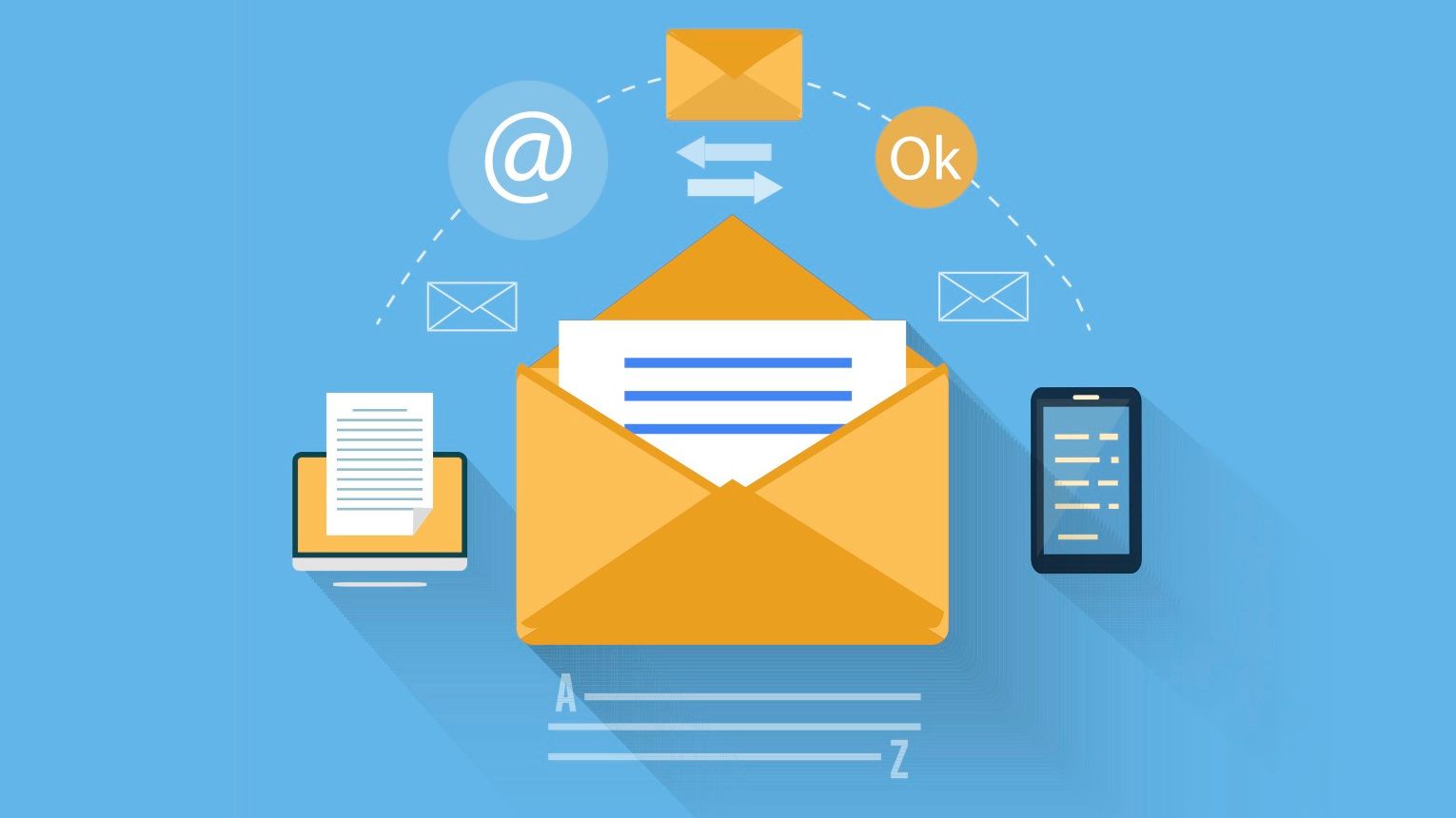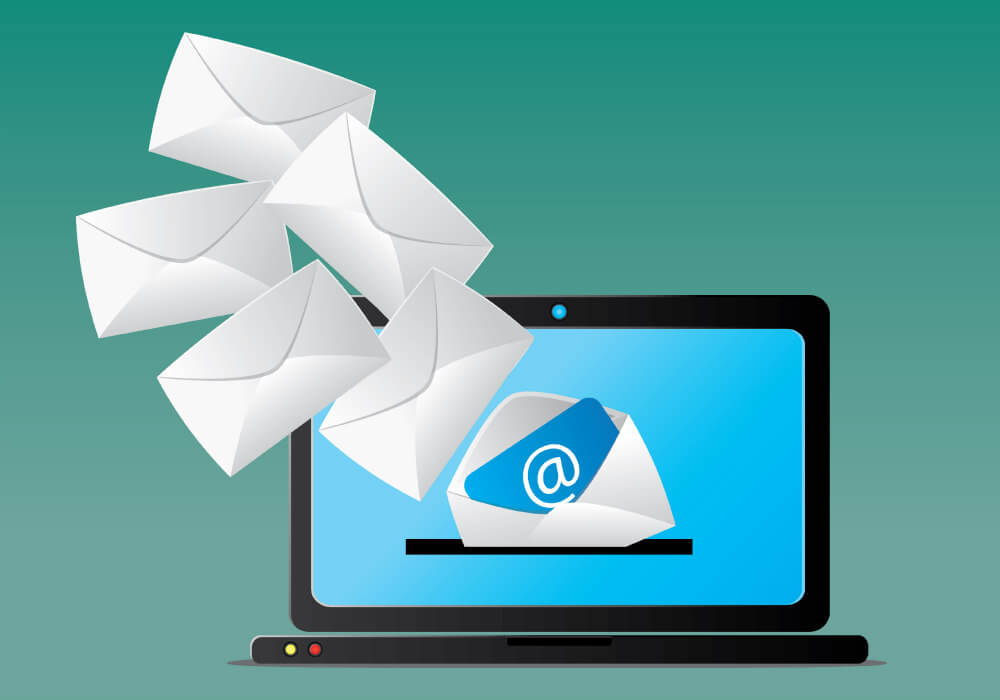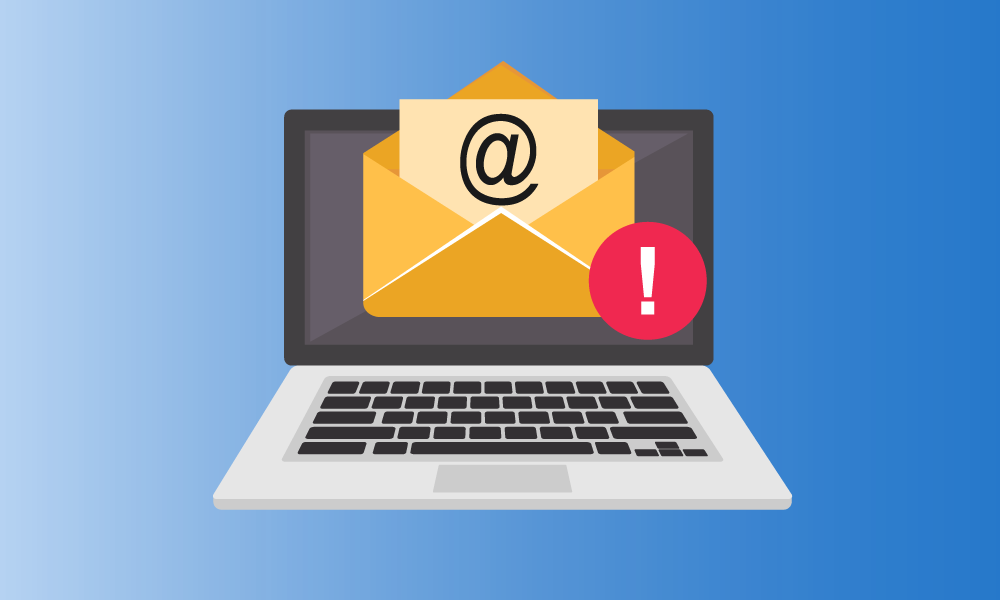When it comes to email delivery issues, one of the most frustrating errors you might encounter is the "Email Bounce 550 5.7.1" error. This error typically occurs when you attempt to send an email and it fails to reach the recipient's mailbox due to various reasons.
What is Email Bounce 550 5.7.1?

The "Email Bounce 550 5.7.1" error is a Non-Delivery Report (NDR) code that signifies the failure of email delivery. The "550" portion of the code represents a permanent failure, while "5.7.1" indicates a specific reason for the failure.
Common Causes of Email Bounce 550 5.7.1
There are several potential causes for the Email Bounce 550 5.7.1 error. Let's explore the most common ones:
1. Incorrect Email Address
One of the primary reasons for encountering this error is an incorrect or misspelled email address. Double-check the recipient's email address for any typos or mistakes before resending the email.
2. IP Reputation or Blacklisting
If the IP address used to send the email has a poor reputation or is blacklisted, the recipient's email server may reject the message. It's important to maintain a good IP reputation by following email best practices and avoiding spamming activities.
3. Sender Authentication Failure
Email servers employ various sender authentication techniques, such as SPF, DKIM, and DMARC, to verify the legitimacy of the sender. If these authentication checks fail, the recipient's server may reject the email with a 550 5.7.1 error.
4. Relay Restrictions
Some email servers have relay restrictions in place to prevent unauthorized users from using their infrastructure to send spam emails. If you're attempting to send an email through an unauthorized relay, the recipient's server will likely reject it.
Resolving Email Bounce 550 5.7.1

Now that we understand the causes of the Email Bounce 550 5.7.1 error, let's explore effective solutions to resolve this issue:
1. Verify Email Address
Ensure that the recipient's email address is correct and doesn't contain any errors. Double-checking the spelling and syntax can help avoid this common mistake.
2. Check IP Reputation
Use IP reputation tools to analyze the reputation of your sending IP address. If you find your IP on any blacklists, take necessary steps to address the issues and request removal from the blacklists.
3. Implement Sender Authentication
Configure Sender Policy Framework (SPF), DomainKeys Identified Mail (DKIM), and Domain-based Message Authentication, Reporting, and Conformance (DMARC) to ensure proper sender authentication. These protocols enhance your email's deliverability and reduce the chances of encountering bounce errors.
4. Contact Your Email Service Provider
If you're using a third-party email service provider, reach out to their support team for assistance. They can provide insights into potential issues with your account setup or configurations that may be causing the 550 5.7.1 error.
5. Review Relay Settings
If you're trying to send emails through an email relay, ensure that you have proper authorization and permission to use that relay. Adjust the settings accordingly to align with the recipient server's requirements.

Frequently Asked Questions
Q1: How can I prevent the Email Bounce 550 5.7.1 error?
A1: To prevent this error, ensure accurate email addresses, maintain a good IP reputation, implement sender authentication, and adhere to relay restrictions. Following email best practices will significantly reduce the chances of encountering this error.
Q2: Are there any tools to check IP reputation?
A2: Yes, various online tools are available to check your IP reputation. Some popular options include MX Toolbox, Sender Score, and Barracuda Reputation Block List (BRBL).
Q3: Can email bounce errors be caused by the recipient's server?
A3: Yes, email bounce errors can be caused by issues on the recipient's server, such as misconfigured spam filters or full mailboxes. However, the Email Bounce 550 5.7.1 error is typically related to the sender's configuration or actions.
Q4: Are there any other common email bounce errors?
A4: Yes, apart from the 550 5.7.1 error, other common email bounce errors include 550 5.1.1 (User Unknown), 550 5.7.0 (SPF Failure), and 550 5.1.8 (Access Denied, Bad Sender IP).
Conclusion
The Email Bounce 550 5.7.1 error can be a frustrating hurdle when it comes to successful email delivery. By understanding the causes and implementing the appropriate solutions outlined in this comprehensive guide, you can effectively troubleshoot and resolve this issue. Remember to double-check email addresses, maintain a good IP reputation, authenticate your sender identity, and ensure proper relay settings. By following these best practices, you can increase the deliverability of your emails and minimize the occurrence of the Email Bounce 550 5.7.1 error.



